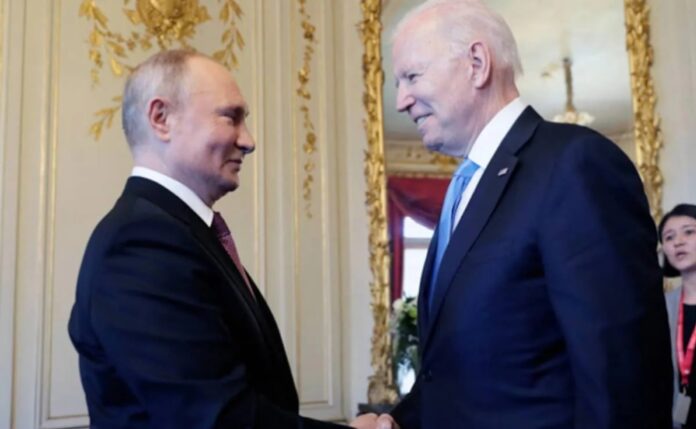| Translate This News In |
|---|
According to the New York Times, American businesses pay Russia’s state-owned nuclear agency about USD 1 billion year to purchase the fuel. According to Russia, no company has an enrichment facility.
For the fuel that produces more than half of the country’s emissions-free energy, US businesses pay Russia such astronomical sums.
After Russia began its military operation in Ukraine, the US stopped purchasing Russian fossil fuels as a kind of retribution. However, because no companies held enriched uranium, the US was forced to purchase the fuel.
One of the largest and most frequent financial transfers from the US to Russia still occurs, and it keeps going despite the best efforts of US allies to terminate connections with Moscow on the commercial front. The Rosatom subsidiary that receives the enriched uranium payments, in turn, is tightly linked to Russia’s military establishment, makes the payments.
Now, the world’s cheapest producer, Russia, supplies about one-third of the enriched uranium used in the United States. The majority of the rest is supplied from Europe. An American-based British-Dutch-German collaboration manufactures the remaining, smaller component. According to the New York Times, more than half of the enriched uranium used by the world’s almost a dozen nations comes from Russia.
It may take more than ten years for the Ohio plant’s production to catch up to Rosatom’s levels, according to the business running it.
The largest nuclear power plant in Europe, Zaporizhzhia, was taken over by the Russian nuclear agency in Ukraine, raising concerns that a conflict over it could result in radioactive material leaks or even a larger meltdown. The Russian nuclear agency produces both low-enriched and weapons-grade fuel for both Russian military and civilian uses.
Due to the reliance on Russia, a Russian suspension of enriched uranium deliveries could jeopardise the future of nuclear power reactors in the United States.
The U.S. administration hasn’t moved quickly to begin domestic enlargement, despite the conflict being well into its second year and showing no signs of ending. According to the New York Times, the federal government still has billions of dollars in financing that is stymied by bureaucratic procedures.
James Krellenstein, the director of GHS Climate, a renewable energy consulting company that just published a white paper on the matter, said it is “inexplicable” that more than a year after Russia invaded Ukraine, the Biden administration does not appear to have a plan to terminate this dependence.
Finishing the Ohio centrifuge project would allow us to nearly completely cease America’s reliance on Russian enrichment, he claimed.


















